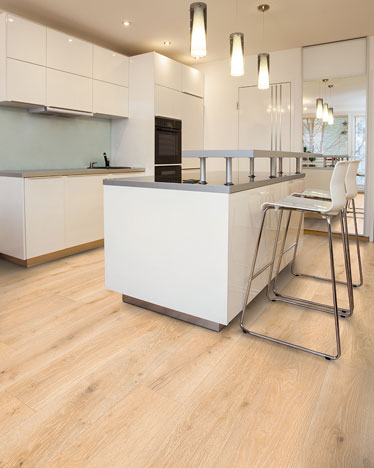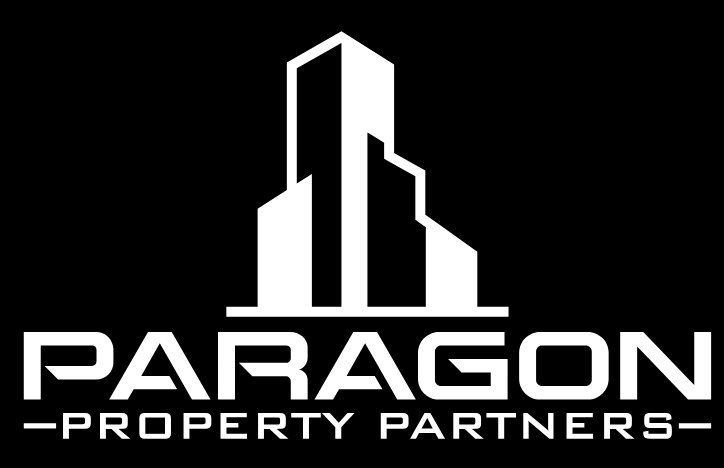Should You Own or Rent? Weighing the Pros and Cons
When it comes to deciding whether to own or rent a home, the debate can feel like a tug-of-war between the security of ownership and the flexibility of renting. It's a big decision, with financial and lifestyle factors influencing your choice. Whether you're looking for your first home or considering a change, let's break down the key pros and cons of each to help you make an informed decision.
The Pros of Owning a Home
- Building Equity Over Time
One of the most compelling reasons to buy is the ability to build equity. Every mortgage payment you make is a step toward full ownership. Over time, as the property appreciates and you pay down your loan, you accumulate equity. If the market is in your favor, this can be a significant financial advantage.
- Stability and Predictability
Owning a home gives you stability. You don’t have to worry about rent hikes or being asked to move if the landlord decides to sell. With a fixed-rate mortgage, your monthly payments remain the same, providing long-term financial predictability. You have control over your living situation—something renters can't always count on.
- Freedom to Customize
When you own, you’re free to make changes. Want to paint the walls, remodel the kitchen, or add a garden? It's all up to you. Homeownership gives you the ability to create a space that fits your personal style and needs.
- Potential Tax Benefits
Homeownership can also provide tax advantages. For instance, mortgage interest and property taxes may be deductible, depending on your situation. It's always wise to consult a tax professional, but these benefits can make owning a home more financially attractive.
The Cons of Owning a Home
- Upfront Costs and Maintenance
Owning a home comes with hefty upfront costs. The down payment, closing fees, and other expenses can be daunting for many buyers. Then there’s the ongoing maintenance. As a homeowner, you're responsible for repairs and upkeep, from fixing a leaky roof to replacing an old furnace. These costs can add up quickly and may not be predictable.
- Less Flexibility
While owning offers stability, it also ties you down. If a job opportunity takes you across the country or if life circumstances change, selling a home and relocating is not a quick process. You may also be limited by the housing market’s condition, which could affect how quickly you can sell or whether you sell at all.
The Pros of Renting a Home
- Flexibility and Freedom
One of the biggest benefits of renting is flexibility. Leases typically last a year, and at the end of that time, you have the option to move on without the hassle of selling a property. This is ideal for those who are uncertain about their long-term plans or those who prefer the freedom to move to a different location for work, family, or lifestyle reasons.
- Lower Upfront Costs
Renting usually requires just a security deposit and the first month’s rent—much lower upfront costs compared to buying a home. Additionally, renters aren’t responsible for maintenance or repairs. If the refrigerator breaks or the plumbing goes haywire, it's the landlord’s responsibility, not yours.
- No Market Risk
When you rent, you’re not exposed to the fluctuations of the housing market. Home values can rise and fall, but renters don’t have to worry about losing money on an investment. Rent remains predictable and, generally, not subject to the volatility of the market.
The Cons of Renting a Home
- No Equity Buildup
While renting is more flexible, you’re essentially paying someone else’s mortgage every month. Unlike homeowners, renters don’t build equity or invest in an asset that could appreciate in value over time. After years of renting, you may find you have little to show for your efforts except for memories.
- Limited Control Over the Space
Renters often face restrictions when it comes to customizing their living space. Want to hang pictures on the wall or renovate the bathroom? Your landlord may not approve. While some landlords are more lenient, most renters find themselves constrained by a set of rules and regulations that homeowners simply don’t have to follow.
- Rent Increases
While renters don’t deal with market volatility directly, they are still at the mercy of their landlord when it comes to rent hikes. These increases can happen at the end of a lease and might push renters out of their comfort zone financially.
- Sharing Walls and Management Challenges
Renting often means sharing walls, floors, or ceilings with neighbors. Noise, differing lifestyles, or lack of privacy can be frustrating. Additionally, tenants may face challenges related to property management, including delays or inefficiencies in addressing maintenance requests, which can affect comfort and satisfaction.
The Bottom Line
Choosing between owning or renting comes down to your personal and financial situation. If you value stability, are ready for the responsibilities of homeownership, and plan to stay in one place for an extended period, buying might be the right choice. On the other hand, if you need flexibility, don’t want the hassle of maintenance, or simply aren’t ready to commit to a long-term investment, renting offers a compelling alternative.
Whatever path you choose, make sure it aligns with your current lifestyle and future goals. And remember, this decision doesn’t have to be forever—life circumstances change, and so can your living situation.
Paragon Property Partners is experienced in helping clients navigate important decisions like renting or buying. If you have any questions, please don’t hesitate to contact us for personalized advice.


